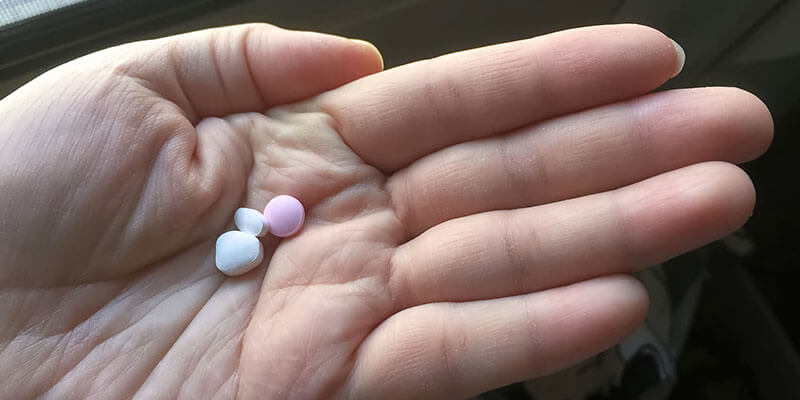Unfortunately, the line between use and misuse is quite thin. Many patients who are prescribed Neurontin may end up misusing the drug. And eventually, that misuse can end up fueling a habit of abuse.
To put the problem into perspective, a recent study found 22% of opioid-dependent patients had a prescription for gabapentin. Of these patients, 40% used more gabapentin than prescribed.
But how is it abused today?
Many times, gabapentin is used in conjunction with other drugs like alcohol and opioids. That’s because this drug tends to enhance the euphoria felt during drug use.
But there’s more at play here than just enhancing the effects. Gabapentin can actually help bypass the blocking effects of certain drugs taken during addiction treatment. And that can mean that recovering addicts can get high while in recovery.
And this is made all the more dangerous by the fact that gabapentin is notoriously easy to get your hands on. According to StreetRx, street gabapentin pills (also known as Gabbies or Johnnies) can be as cheap as a dollar per 100mg.
Methods of abuse are typically confined to ingesting it orally or crushing and snorting it similar to cocaine.



